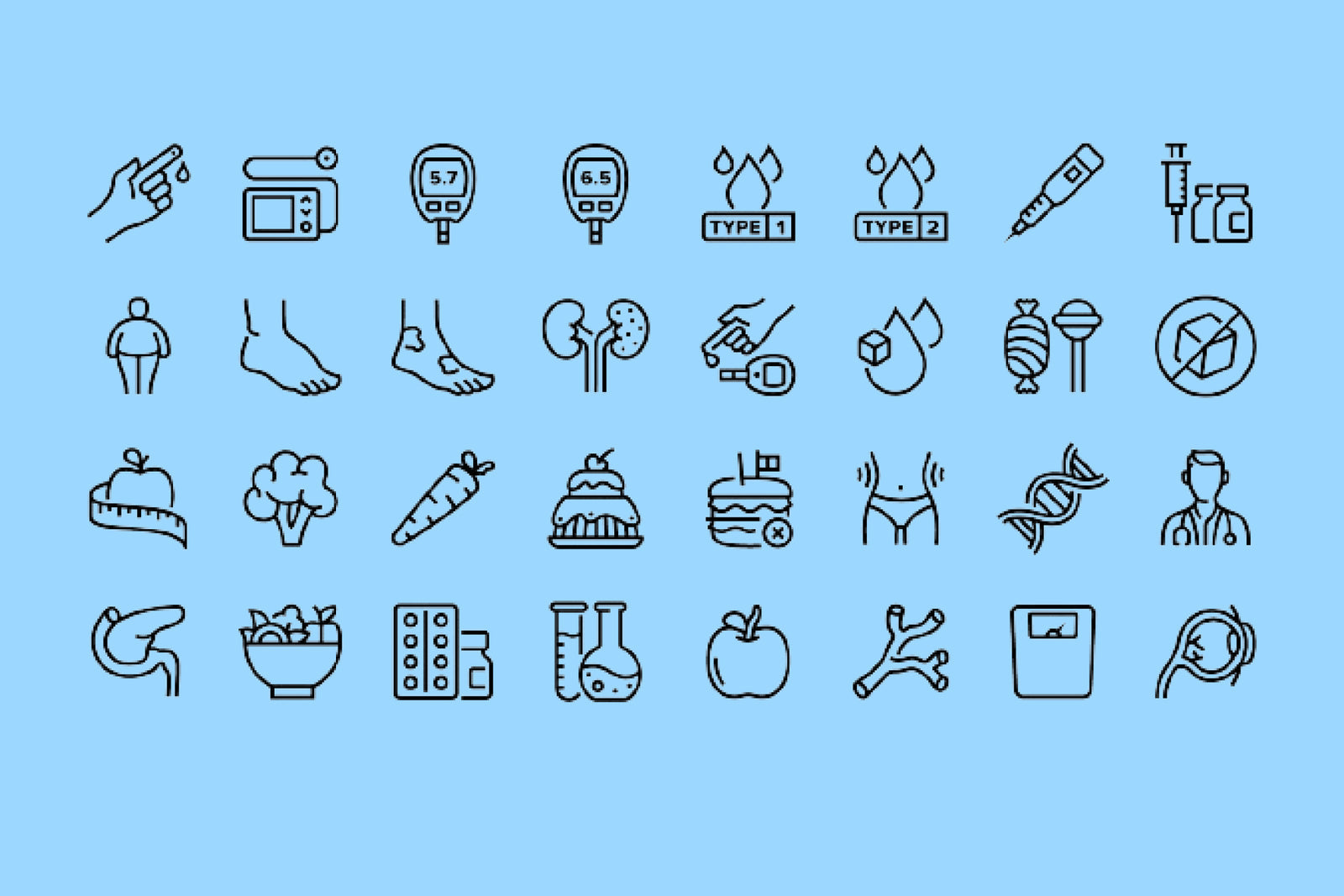NAD+, SIRT1, and Healthy Aging: What Your SIRT1 rs3758391 Genotype May Mean
NAD+ (nicotinamide adenine dinucleotide) is a central molecule in every cell. It helps produce energy, supports DNA repair, regulates metabolism, and powers proteins called sirtuins. One of those sirtuins, SIRT1, uses NAD+ to help manage inflammation, protect neurons, and maintain cardiovascular health. NAD+ levels decline with age, and variations in the SIRT1 gene can influence how well SIRT1 performs. Understanding your SIRT1 rs3758391 genotype can help you choose lifestyle, diet, and supplement strategies to support cellular health as you age.
How SIRT1 and NAD+ affect health
- Energy and metabolism: NAD+ is essential for cellular energy production and metabolic balance.
- DNA repair and longevity: SIRT1 helps activate DNA repair pathways and cellular maintenance that contribute to healthy aging.
- Brain and heart protection: SIRT1 activity is linked to reduced inflammation, improved neuronal resilience, and better cardiovascular function.
- Aging and NAD+ decline: NAD+ naturally falls with age; supporting NAD+ can help maintain SIRT1 function.
Practical steps to support NAD+ and SIRT1 activity
Regardless of genotype, lifestyle and targeted strategies can help maintain NAD+ levels and promote SIRT1 function. Here are evidence-informed actions that are safe, practical, and commonly recommended for cellular health.
Diet
- Eat niacin-rich foods: poultry, fish, mushrooms, and fortified grains provide vitamin B3 precursors.
- Include tryptophan sources: turkey, eggs, dairy, nuts, and seeds support NAD+ synthesis via the tryptophan-niacin pathway.
- Prioritize whole foods: a balanced diet with plenty of vegetables, healthy fats, and lean protein supports metabolism and reduces inflammation.
- Time-restricted eating or intermittent fasting: these patterns can stimulate sirtuin activity and metabolic resilience for some people. Discuss with your provider before changing eating patterns.
Supplements and nutraceuticals
- Nicotinamide riboside (NR) or nicotinamide mononucleotide (NMN): these NAD+ precursors are often used to raise NAD+ levels. Talk with your healthcare provider about appropriateness and dosing.
- Resveratrol: a plant-derived compound that may activate SIRT1. Benefits can vary and long-term effects are still being studied.
- Vitamin B3 forms: niacin or nicotinamide may support NAD+ pathways when dietary intake is low. Use under medical guidance to avoid side effects.
- Antioxidants and omega-3s: these support cardiovascular and brain health and can complement NAD+-supporting strategies.
Exercise and movement
- Regular aerobic exercise supports mitochondrial function and NAD+ metabolism.
- Resistance training preserves muscle mass and metabolic health with age.
- Include both endurance and strength work across the week for the best balance.
Sleep and stress management
- Quality sleep is critical for cellular repair processes and maintaining metabolic health.
- Chronic stress can impair metabolic pathways; use mindfulness, breathing exercises, or therapy as needed.
Avoid or reduce
- Excessive alcohol: heavy drinking depletes NAD+ and harms liver and overall health.
- Smoking: accelerates aging and damages cardiovascular and lung health.
Tests and monitoring to consider with your clinician
- Metabolic panel and lipid profile to monitor cardiovascular risk.
- Vitamin B3 status or related markers when supplementing high-dose niacin under supervision.
- Inflammatory markers and basic bloodwork to track response to lifestyle changes.
Genetic interpretation for SIRT1 rs3758391
2 effect alleles (TT)
If you have the TT genotype for rs3758391, you carry two copies of the effect allele. This variation in your SIRT1 gene has been associated with lower cardiovascular disease mortality and better cognitive function during aging. SIRT1 is a protein that depends on NAD+ to support energy production, DNA repair, and metabolic balance.
Your TT genotype may influence how efficiently SIRT1 works, potentially contributing to stronger cellular defense systems that protect heart and brain health as you age. That said, NAD+ levels decline over time, so supporting NAD+ remains important. Consider the lifestyle and dietary strategies above, and discuss with your healthcare provider whether NAD+ precursors such as nicotinamide riboside or NMN, and SIRT1-supporting compounds like resveratrol, are appropriate for you.
1 effect allele (CT)
If you have the CT genotype for rs3758391, you carry one copy of the effect allele. This genotype is associated with a likely lower risk of cardiovascular mortality and preservation of cognitive function with age compared with some other variants. SIRT1 relies on NAD+ to regulate processes like DNA repair, inflammation, and metabolism, and your genetic variant may affect SIRT1 efficiency when NAD+ is available.
Because NAD+ falls with age, supporting it through diet, exercise, quality sleep, stress management, and possibly supplements like nicotinamide riboside can help maintain optimal SIRT1 activity. Aim for niacin and tryptophan-rich foods, consistent physical activity, and healthy sleep habits to support the benefits linked to this genotype.
0 effect alleles (CC)
If you have the CC genotype for rs3758391, you carry two copies of the non-effect allele. This is a common variant and suggests typical SIRT1 production and baseline function. While this genotype does not carry the protective associations seen with the effect allele at this position, it does not mean you cannot support healthy aging.
Adopt strategies that help maintain NAD+ and SIRT1 activity: prioritize niacin and tryptophan in your diet, stay physically active, get quality sleep, reduce stress, and avoid excessive alcohol and smoking. You may also discuss NAD+ precursor supplements and SIRT1-modulating compounds with your healthcare provider if appropriate.
Important notes and next steps
PlexusDx provides education about genetic predispositions only. This information is not medical advice. Genetic results describe tendencies and risks, not certainties. Lifestyle, environment, and other genes influence outcomes. Always consult your healthcare provider before starting supplements, changing diet dramatically, beginning new exercise programs, or interpreting genetic results in the context of personal medical history and medications.
If you would like personalized guidance, bring this report to your clinician or a qualified genetic counselor to create a plan tailored to your health goals and medical needs.

Share:
TELOMERES | OBFC1 (rs9420907)
NAD+ | SIRT1 (rs12778366)